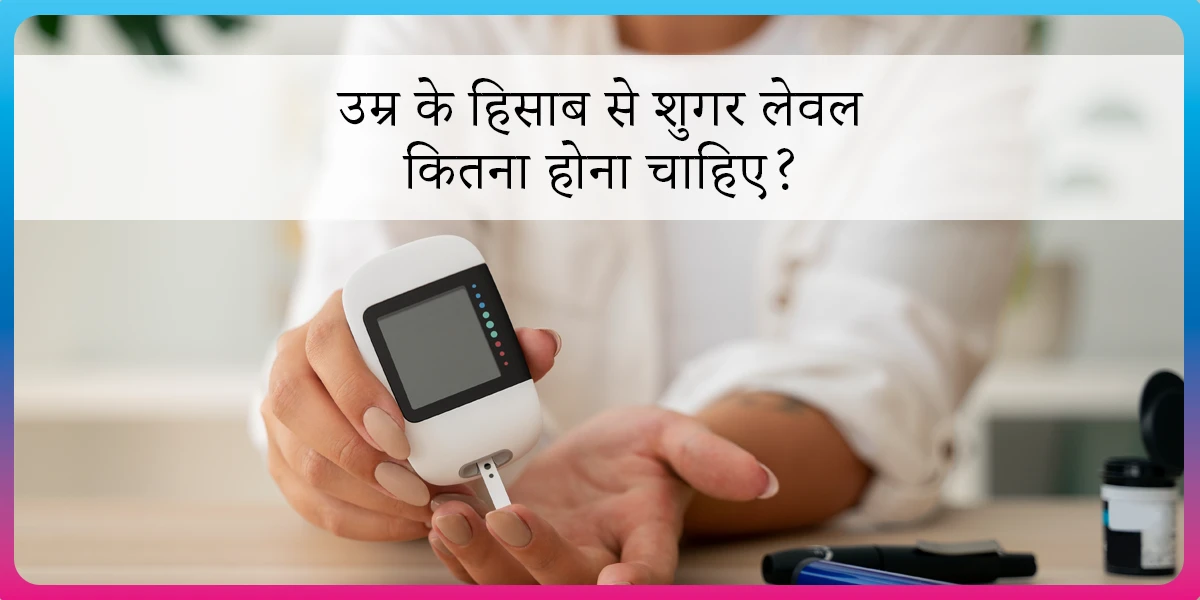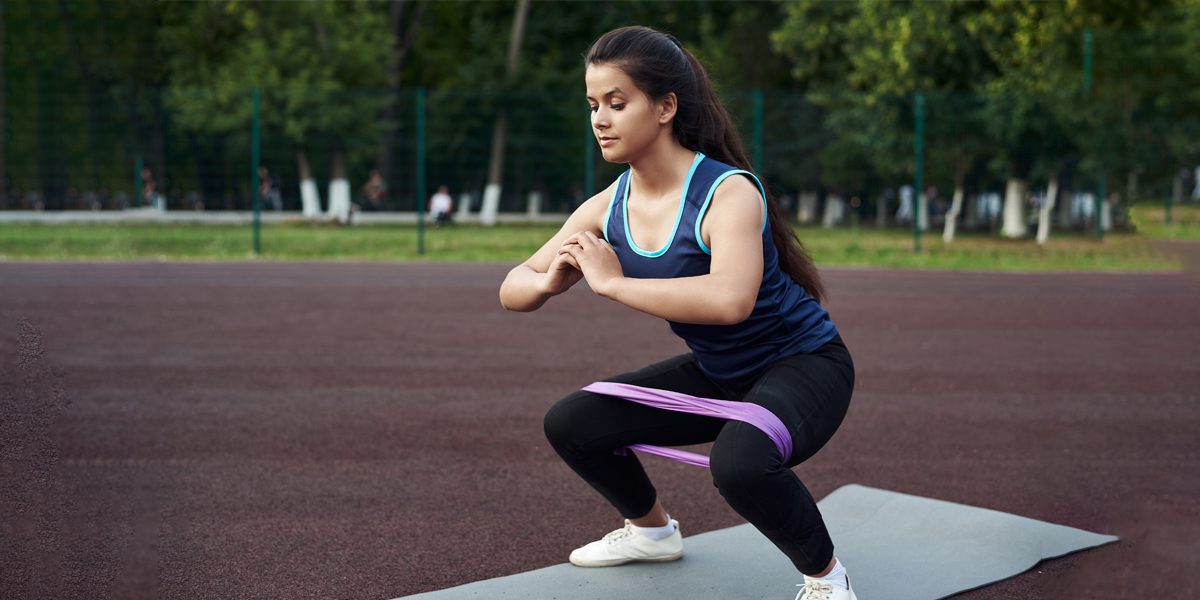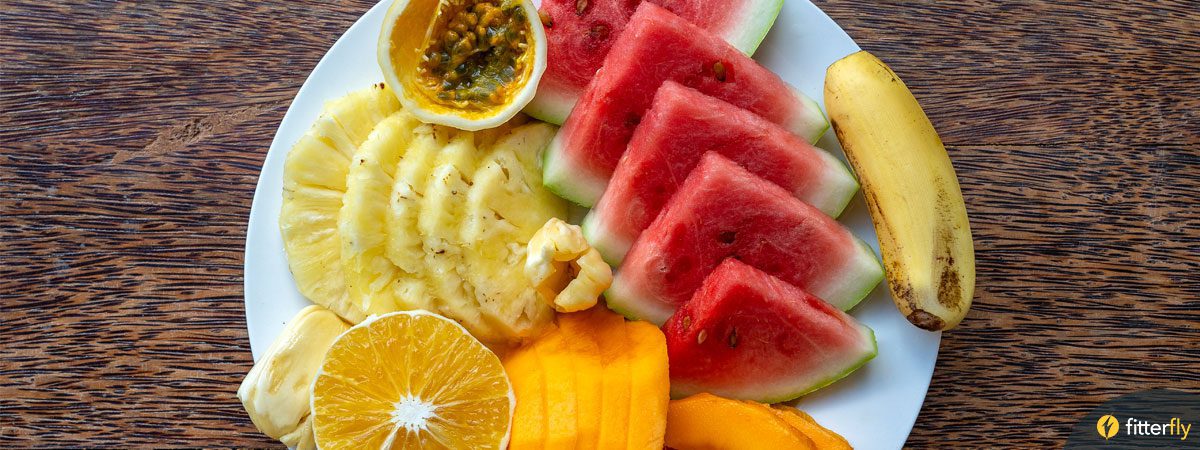Gestational Diabetes Management: Diabetes Friendly Indian Diet During Pregnancy

According to the National guideline for diagnosis and management of Gestational Diabetes Mellitus (GDM), there should be universal screening of all pregnant women at their first antenatal contact. If the first test is negative, the second test should be done at 24-28 weeks of gestation.
This is the single step test recommended by the World Health Organization for diagnosis of GDM using a 75gm glucose, through Oral Glucose Tolerance Test (OGTT) irrespective of the last meal. If the 2-hour Blood Sugar is more than 140 mg/dL, then the patient is treated for gestational diabetes according to the guidelines.
Overall food intake during pregnancy
You need to increase the overall protein intake and control the carbs by eating more complex carbs ensuring that it is around 50% of the overall requirement. Your dietitian will be able to plan it based on your pre-pregnancy Body Mass Index (BMI) and weight gain.
Complex carbohydrates in the form of rotis made with whole wheat, ragi (nachni), millet jowar and bajra are good in the right portions spread over 3 main meals. It is also good to eat 2 snacks in between meals, to maintain blood glucose level and prevent a sudden drop.
Even if a woman is obese, the national guidelines by the National Institute of Nutrition (NIN) do not recommend reducing the calories drasticaly because such diets in women with GDM can “adversely impair fetal growth”.
However, they recommend “moderate caloric restriction (reduction by 30% of estimated energy needs) in obese women with GDM as it may improve glycemic control without ketonemia and reduce maternal weight gain.”
Carbohydrates are present in grains, cereals, pulses and also in fruits and dairy products. The way to maintain blood glucose is to manage the type of carbs you are eating and to ensure that each meal has protein and fiber along with carbs.
Here are some examples of foods to include in your meals to have a healthy balanced diet during pregnancy:
Breakfast
Breakfast should consist of 1-2 carbohydrate servings like chapatti, dalia, rolled oats, poha, idli etc. along with one serving from protein rich foods like milk, curd, paneer, egg etc.
Lunch and Dinner
Instead of piling your plate with rice or rotis, try to make sure half the plate is filled with nutritious vegetables like green beans, cabbage, carrots etc.
Take a serving of either rice or roti (don’t combine both in one meal) that occupies about a quarter of the space in the remaining half. Then fill it with good proteins like egg, chicken, lean meat, dal (legumes), soy or paneer. Include a serving of non-sweetened, preferably home made yoghurt (dahi).
Snacks
Some healthy mid-meal snack options include sprouts, vegetable dalia, vegetable poha, idli, vegetable uttapam or besan chilla with less oil. Avoid fried food and junk food and carb based snacks like puffed rice (kurmura/bhel) or corn chivda .
How to calculate total carbohydrates based on calories or total energy
It is important to know your total energy requirement so you can calculate how much of that energy comes from carbs, protein and fats. Accordingly, you can create meal plans that ensure you do not have excess carbs.
Your dietitian plans your total energy requirement (Kcal/day) on the basis of your weight, activity level and basal metabolic rate (BMR). body For example, if the total energy required is about 1877 kcal/day for a woman whose BMI is in the normal weight range, then after adding about 350Kcal for the excess requirement during pregnancy, the requirement is around 2227 kcal per day
To know your chances of Diabetes reversal, take the Diabetes Reversal TestDiabetes Reversal
Calculator
So if the woman’s carbohydrate intake for the day should be 50%. That is around 11 13 kcal, then she should ideally be eating not more than 1113/4 = 278g carbohydrates throughout the day because one gram of carbs is about 4 calories.
But, remember just as carbs convert to glucose, fruits contain fructose, vegetables contain starch and milk contains lactose, all of which gets converted to glucose. That is why you need to consult a dietitian for understanding the correct serving size of these foods to ensure that your blood glucose does not spike or fall.
As a gestational diabetic, you will be advised to avoid any direct form of glucose like sugar, jaggery, candy, honey etc. You also need to watch out for other hidden sources of sugar in your diet.
Other names for sugar to watch out for in nutrition labels:
- Barley malt
- Brown rice syrup
- Corn syrup
- Corn syrup solids
- Dextrin
- Dextrose
- Diastatic malt
- Ethyl maltol
- Glucose
- Glucose solids
- Lactose
- Malt syrup
- Maltodextrin
- Maltose
- Rice syrup
Diet Tips for GDM
- Eat 3 main meals and 2 mid-meal snacks
- Increase your protein intake.
- Eat more complex carbs and starchy vegetables.
- Ensure you get ample fibre.
- Never skip breakfast.
- Eat whole fruits and not juices.
- Don’t eat any processed food like chips, sauces, bakery foods (even if it is not sweet), burgers, fries, breads (even if it says brown, wholewheat etc.).
- Eat lean meats rather than organ meats.
- Avoid artificial sweeteners
- Look for alternative names for sugar on food nutritional labels.
Getting detected with Gestational Diabetes (GDM) or pregnancy-related diabetes can be a scary affair. But trust us, with the right lifestyle guidance, your blood sugars can be brought under control for a healthy pregnancy and childbirth.
Reduced diabetes medications in 3 months


6.8%
Happy members
EMI
Guarantee
4.8/5
Diabetes Prime Program
Introducing the Diabetes control program which goes hand-in-hand with your Doctor’s prescription to manage your diet, exercise and mental wellbeing all aimed at bringing your blood sugars under control.
Give us a missed call on 08068507599 to understand how we offer personalised one-on-one care during pregnancy to help you stay healthy and happy for a worry-free delivery.
This blog provides general information for educational and informational purposes only and shouldn't be seen as professional advice.














